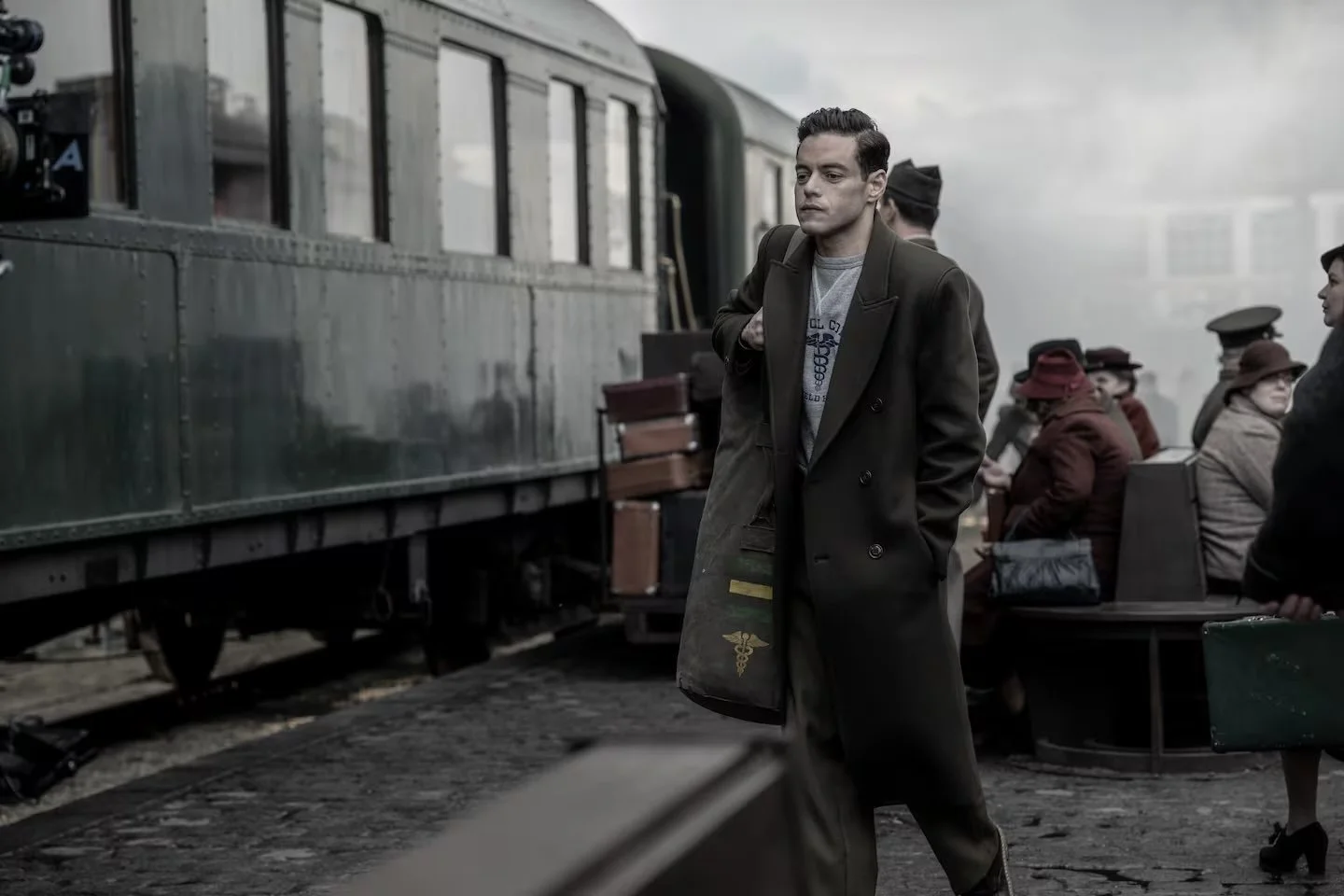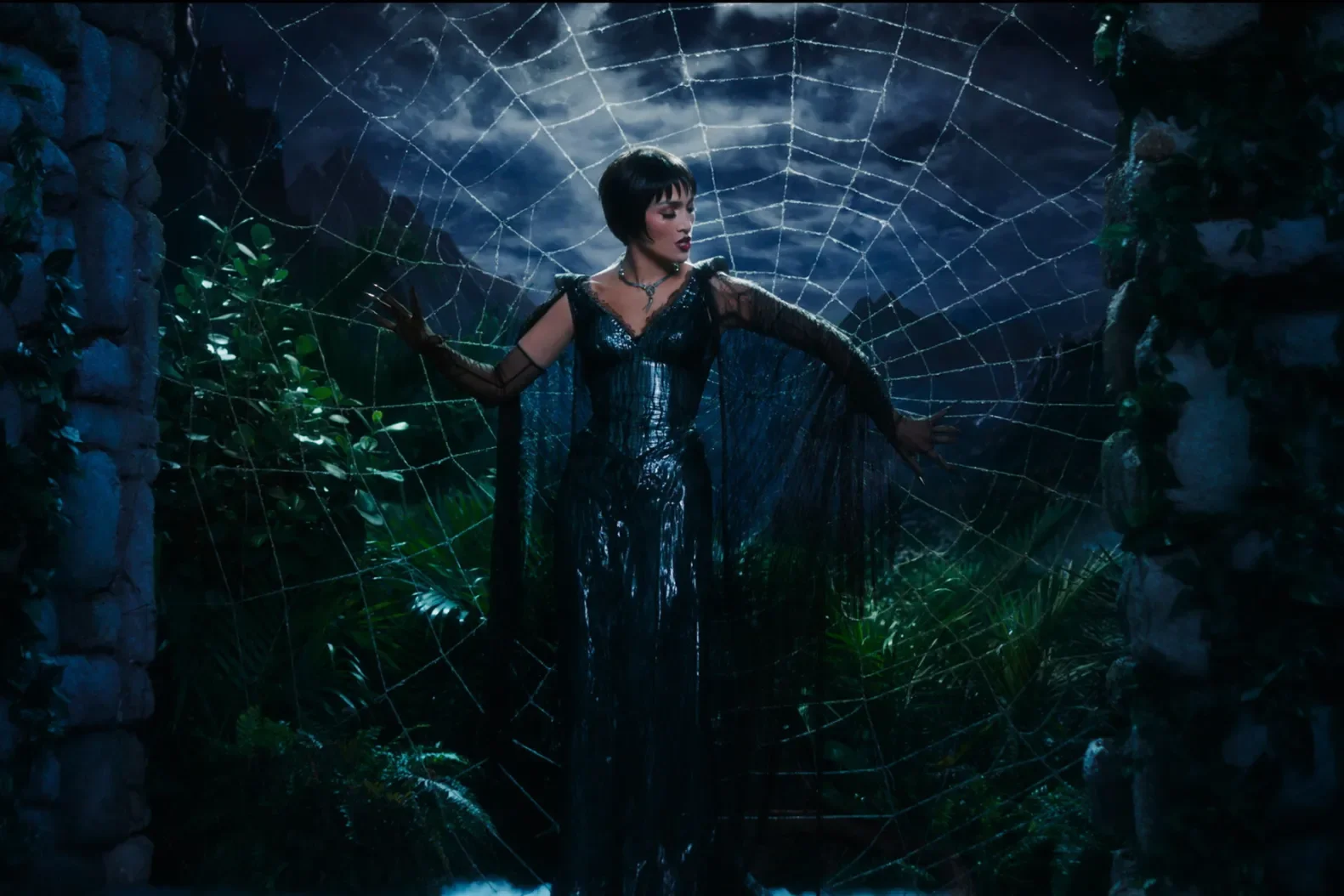“On a clear day you can see the class struggle from here”: Mike Leigh’s Career Girls
Following the success of the apocalyptic Naked (1993) and the harrowing Secrets & Lies (1996), at the end of the nineties Mike Leigh turned to a smaller, more intimate subject, the nostalgia for youth. Leigh’s been vocal about his motivation for Career Girls, explaining that he was interested in the large life differences in what happens to us between ages 20-30. Ultimately Career Girls is a story of love between two, and perhaps three, college friends, who meet under the mundane circumstances of simply needing a place to live. It’s a film that’s stayed with me for many years, and is one of those stories that often reaches beyond the screen and into your heart as you recall the friends you’ve lost touch with.
The story’s told through the lens of two seemingly very different women. The spiky, intense and verbally dexterous Hannah (Katrin Cartlidge), whose ferocious sarcasm belies a deep family sadness, a need to be loved and genuine tenderness for others. And Annie (Lynda Steadman), a shy, anxious and emotionally damaged goth, perpetually involved with the wrong guy at the wrong time. The story flips back and forth between flashbacks of their life together as students in London, and their present-day lives as career-oriented women, reconnecting and reminiscing after many years apart. Gone are the ripped sweaters and Dr. Marten’s boots, now safely replaced with beige pants and comfortable blazers. Gone are the verbal barbs, literary references (there are some wonderful scenes where they consult Emily Brontë for life advice), and the intense sarcasm, wonderfully written by Leigh as always. These are replaced with genuine tenderness and care for each other. A mutual retrospective on the trauma of youth, but also on their shared survival of higher education. They laugh about their shortcomings, of lost loves, and explore sincere interest in each other’s journey out there in the real world. They know where the secrets are, but also that they never need to justify anything to each other. The biting sarcasm’s still there between them though. In one of my favorite lines, Annie offers to make pasta for Hannah, “like I did in the old days”, to which Hannah, stepping back in time, quips “living in the pasta”.
A frequent target of their reminiscence is Ricky (Mark Benton), a lost soul and fellow student whom they befriend, and whose mental struggles form much of the film’s narrative. As Hannah and Annie reconnect over a good bottle of wine, they recall the men in their lives. The emotionally abusive boyfriends, their relationship with their fathers, and especially their friend Ricky, a chaotic, but intelligent and honest lad in the same philosophy course as Annie.
Ricky suffers from undiagnosed mental illness and has genuine feelings for Annie that, unfortunately for him, aren’t reciprocated. This leads to one of the most memorable scenes in the film, his violent exit from their lives and his life as a student, and perhaps even his departure from society. Soon afterward they track him down, lost, angry and delirious, wandering around the sea front and living with his mother again. They enquire how he is, and tell him they’ve been worried about him, as he shouts and swears that he no longer cares. They chase after him and he screams for them to leave him alone. Forward to the present day, Hannah and Annie decide to visit their old apartment. They find Ricky sitting outside, disheveled and confused. He mumbles through a recollection of what’s happened to him, but following the death of his mother, he’s only descended further into sickness and ill mental health. They attempt to comfort him, but again he rejects their kindness. A frequent Leigh device, Ricky’s story remains open-ended and only potentially resolved in our heads long after the film has ended, as we never really know what happens to him. And like so many we go through education with, Ricky personifies that feeling of ‘whatever became of him?’ that often doesn’t get any easier with time or the internet, but periodically ripples through our lives with waves of nostalgia.
As bleak as many of Leigh’s earlier work is, and especially following the violent odyssey of Naked, Career Girls is a quieter, calmer, more tender exploration of the nostalgia for college, and what it means to reflect on those shared experiences later in life. Hannah and Annie’s lives are in very different places now, but there's a power in their shared experiences that will always connect them. As they catch up, they fondly recall former flatmates and nights out, but also, in typical Leigh fashion, unearth some long-buried unhappiness.
As someone who also lived through the student years in London, which form Leigh’s backdrop to Hannah and Annie’s story, it’s a startlingly accurate depiction of what that life was like. Even at the time of watching the movie in the theater, I knew so many of the places they visited. The film held up a mirror to my own experience. The smoke-filled pubs, the after-hours visits to the local chip shop, the soulless lecture halls, and the bohemian squalor of a student apartment. It’s all here in terrifyingly accurate detail. Now, myself a modern-day Annie, looking back on my student years of twenty-five years ago, and returning to education at UPenn, those memories are still just as fresh, especially for those souls long lost to the process of departure and separation once the course has ended and real life begins.
Leigh would later turn much of his focus to historical portrayals of Englishness, with the gorgeous period designs of Topsy-Turvy (1999), Mr. Turner (2014) and Peterloo (2018). But it’s his claustrophobic, acerbic, verbally violent work from the nineties which truly stands out, and while Career Girls is often eclipsed by the equally wonderful Secrets & Lies and Naked, it remains one of my favorite films. Writing at the time, Janet Maslin from The New York Times described Career Girls as an acerbic exploration of what’s underneath the ‘veneer of adulthood, which is a powerfully accurate description of Leigh’s work. For many of us still in education, the resonance of the film might be easy to miss, but it’s one of those movies that stays with you many years after the credits roll.
Career Girls is currently streaming on The Criterion Channel and YouTube.
Popular Reviews







